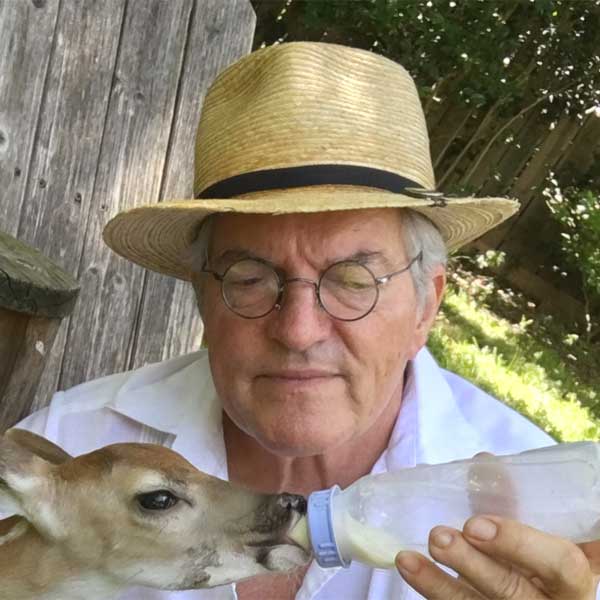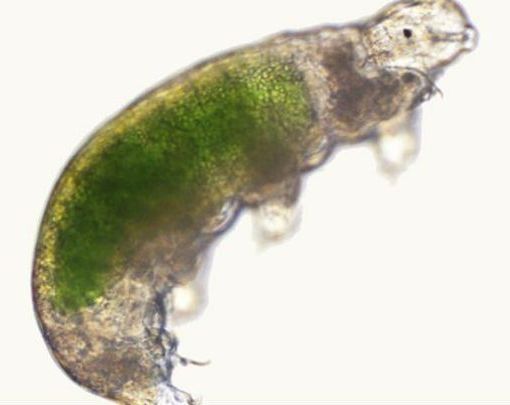Stephen Valentine is the architect for Timeship is creating the Timeship Building with Stephen Valentine. Timeship researches life extension and the Timeship Building will be a life extension facility. Read more on Stephen Valentine.



Top-80 longevity influencers in california by aging analytics agency.
Anne Corwin Atul Butte, M.D., Ph.D. Aubrey de Grey William Faloon Bill Andrews Cynthia Kenyon David A. Kekich David Botstein Eric Topol Eric Verdin Gordon J Lithgow Gregory Fahy Jim Strole
Link to Report: https://www.aginganalytics.com/longevity-in-california

The researchers of a new publication take a look at the effects of obesity on aging and consider its impact in the context of the Hallmarks of Aging, a popular theory that breaks down aging into nine distinct processes.
The case for obesity accelerating aging
Being overweight and carrying excessive amounts of visceral fat, a type of body fat that is stored in the abdominal cavity and surrounds a number of important internal organs, such as the liver, pancreas, and intestines, is known to increase the risk of age-related diseases.

We are pleased to announce the launch of the Longevity Book Club hosted by LEAF Director Javier Noris, where you can join other longevity enthusiasts in reading the most interesting works that relate to our mission of ending age-related diseases.
You will also get the opportunity to listen to discussion panels and take part in Q&A sessions that are focused on books that touch on these important scientific, philosophical, moral and futuristic longevity topics. This is the ideal place to meet like-minded longevity enthusiasts who are working on building their knowledge on longevity and all of the implications that come with ending age-related diseases.

BioViva warmly welcomes Dr de Magalhaes to our Scientific Advisory Board!
Dr de Magalhaes graduated in Microbiology in 1999 from the Escola Superior de Biotecnologia in his hometown of Porto, Portugal, and then obtained his PhD in 2004 from the University of Namur in Belgium. Following a postdoc with genomics pioneer Prof George Church at Harvard Medical School, in 2008 Dr de Magalhaes was recruited to the University of Liverpool. He now leads the Integrative Genomics of Ageing Group (http://pcwww.liv.ac.uk/~aging/) which focuses on understanding the genetic, cellular, and molecular mechanisms of ageing. Dr de Magalhaes has authored over 100 publications and given over 100 invited talks, including three TEDx talks.
Ira Pastor, ideaXme longevity and aging Ambassador and Founder of Bioquark interviews Camillo Ricordi, Director Diabetes Research Institute University of Miami and Editor in Chief CellR4. They talk of the science behind the claim “We will cure diabetes!”.
Note: A decision was made to publish this interview despite the quality of the audio as it is still possible to understand the content. For links to research papers contact [email protected].
Ira Pastor comments:
The global economic cost of diabetes was estimated in 2018 to be over US$750 billion.
Type 1 diabetes (T1D), is a form of diabetes in which very little or no insulin is produced by the pancreas. While the cause of type 1 diabetes is still unknown.
Type 2 diabetes (T2D) involves insulin resistance, a condition in which cells fail to respond to insulin properly.

Imagine a simple and effective treatment for restoring the sense of smell in people who have lost it or never had it in the first place – that could one day be possible as a result of early stage research on mice, in which olfactory nerves were replenished using stem cells.
Using droplets of globose basal cells – the same cells that naturally replace damaged and ageing neurons related to smell – scientists were able to get them to develop into full nerve cells, stretching right into the brain.
Ultimately a few squirts of stem cells were able to reconnect the axons leading to the olfactory signalling in the brains of the mice. Scientists are still a long way from repeating the trick with human beings, but it’s a very promising start.

This week on The #GSPodcast Stephen Knight talks to microbiologist João Pedro de Magalhães (@jpsenescence) about Cryonics. They discuss the fear of dying, the science behind freezing humans, the implications for religion, technological advancements in the field and much, much more!
Support the podcast at http://www.patreon.com/gspellchecker
Also available on iTunes, Stitcher, YouTube & Spotify.

A tardigrade that had been frozen solid for more than 30 years has been brought back to life by researchers in Japan, and has gone on to produce 14 healthy babies. That’s record-smashing stuff right there, because before this tough little water bear came back to life, the world record for reviving a frozen tardigrade was nine years.
The researchers also thawed out an egg that was collected and frozen with the tardigrade in 1983, and not only did a healthy baby hatch from it six days later, but it went on to successfully produce offspring of its own.
Just a few months after scientists debated the unprecedented amount of foreign DNA that is or isn’t looped up into the tardigrade genome, and the discovery that they turn into ‘bioglass’ when they desiccate, a team from the National Institute of Polar Research in Japan has managed to bring a frozen Antarctic tardigrade (Acutuncus antarcticus) back to life with its reproductive organs fully intact.